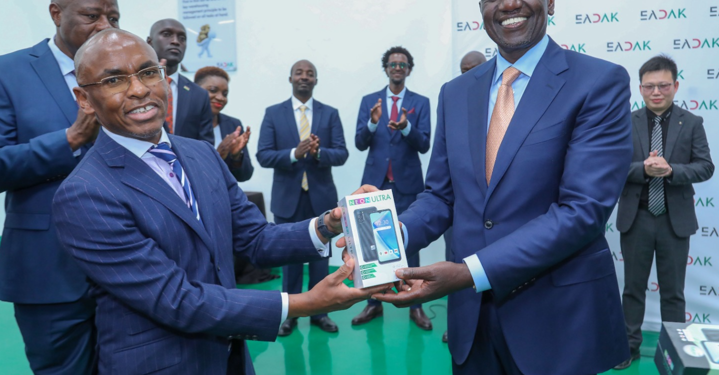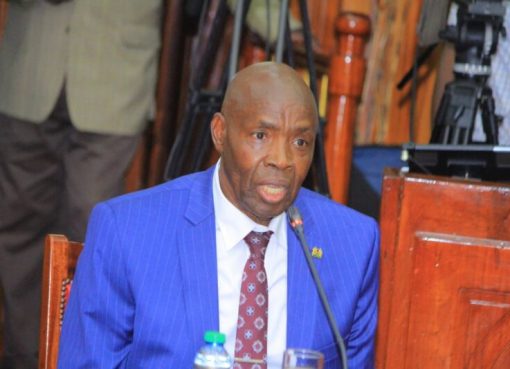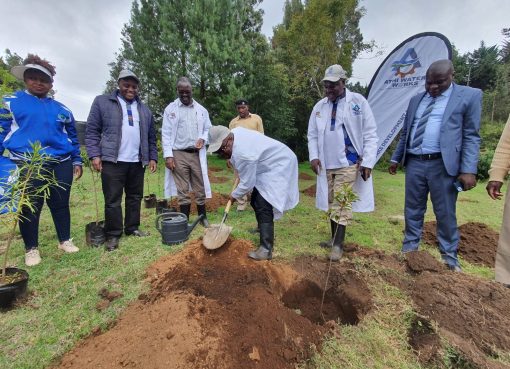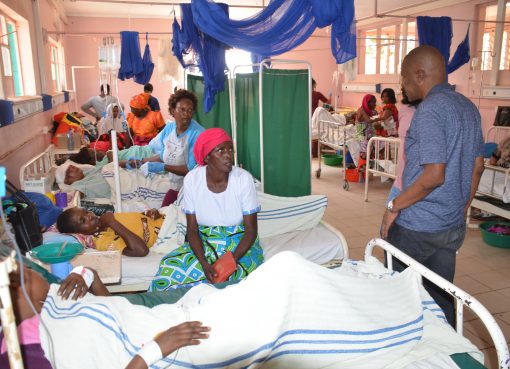Safaricom Chief Executive Officer (CEO) Peter Ndegwa wants the government to classify telecommunications infrastructure as critical infrastructure to support the government’s agenda of laying 100,000 kilometers of fiber optics in the country.
Ndegwa said although telecommunications companies have invested in modern infrastructure across the country, the installation of fiber optics remained a challenge due to a lack of proper planning.
“Today, one of the biggest issues we have with the network is fiber cuts in road construction, and even when people are constructing new buildings, whether commercial or residential, only provision for access to water and electricity is made while fiber optics are left out,” said the CEO.
‘‘Because of this lack of provisions for fiber optics, we do a lot of work to install the infrastructure. We are calling on government support to make telecommunications infrastructure a core part of the future,” he added.
Speaking during the launch of East Africa Device Assembly Kenya (EADAK), the first device assembly plant in the country in the Athi River, Ndegwa also asked the government to subsidize locally assembled smart phones to reach a wider population.
“Subsidies are essential, just like the way fertilizer has been subsidized to enable access for women, students, and any other group that cannot afford it. Rwanda is already doing it, and we shall look for partners to support the subsidy agenda so no one is left behind in the digitization agenda,’’ he added.
The CEO underscored the importance of smartphones in transforming the lives of ordinary Kenyans, saying the unveiling of the EADAK has the potential to unlock economic growth.
‘‘The smartphones will also be a pathway to accessing government services that have been digitized and will also enable Kenyans to get access to endless opportunities on the internet,’’ said Ndegwa.
He further disclosed that Safaricom, in partnership with Google, will offer affordable smart phones to Kenyans, payable in installments.
‘‘So far, close to one million phones have been sold since March this year to mostly Kenyans in rural areas. We are going to expand the initiative to include more smart phones and also reduce the cost of data,’’ said the CEO.
Also present during the launch was Jamii Telecommunications General Manager John Kamau, who termed the plant a major milestone in the telecommunications sector.
‘‘The affordable smartphones will ensure that ordinary Kenyans do not miss out on the services offered by telecommunications companies,’’ said Kamau.
By Roselyne Kavoo





